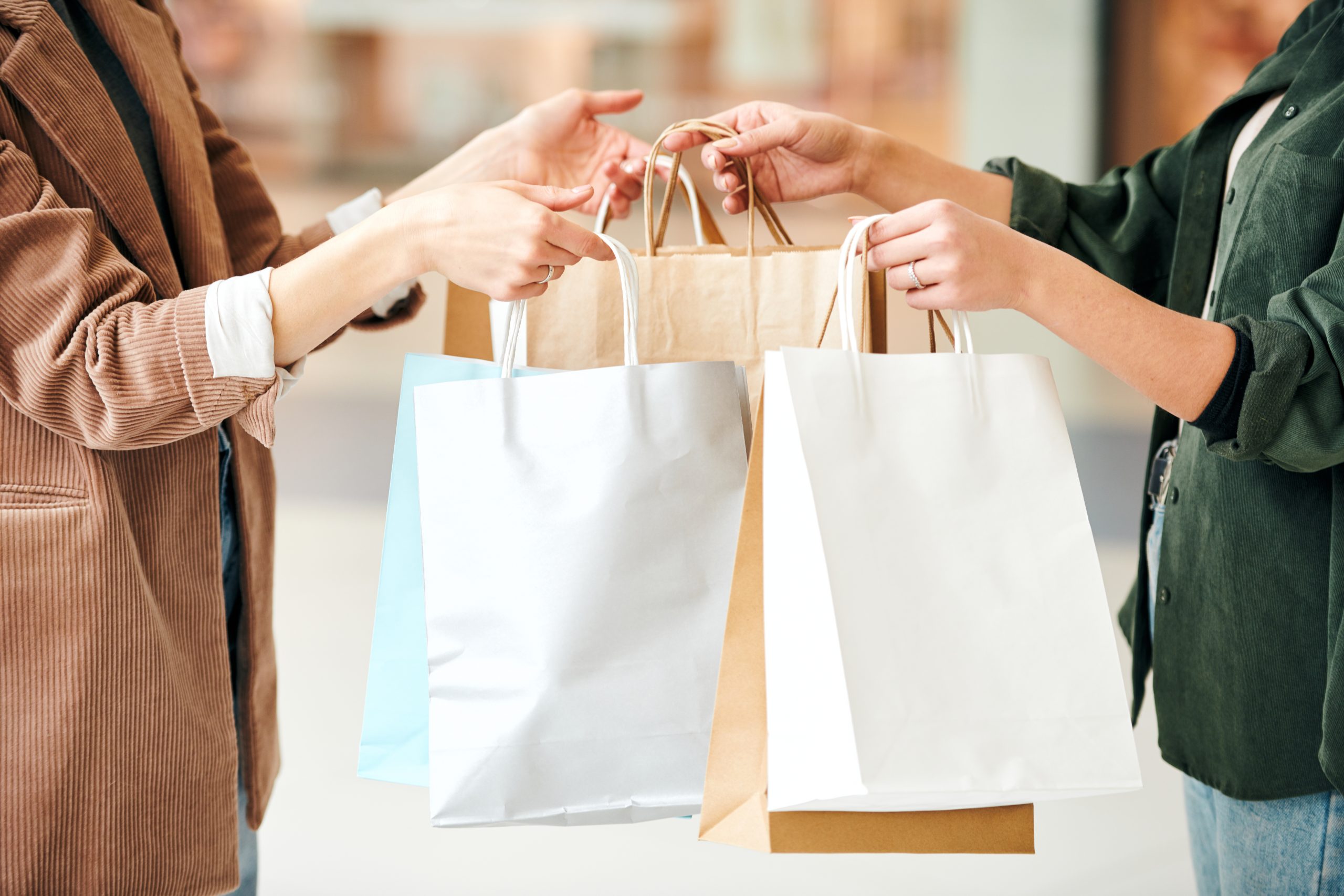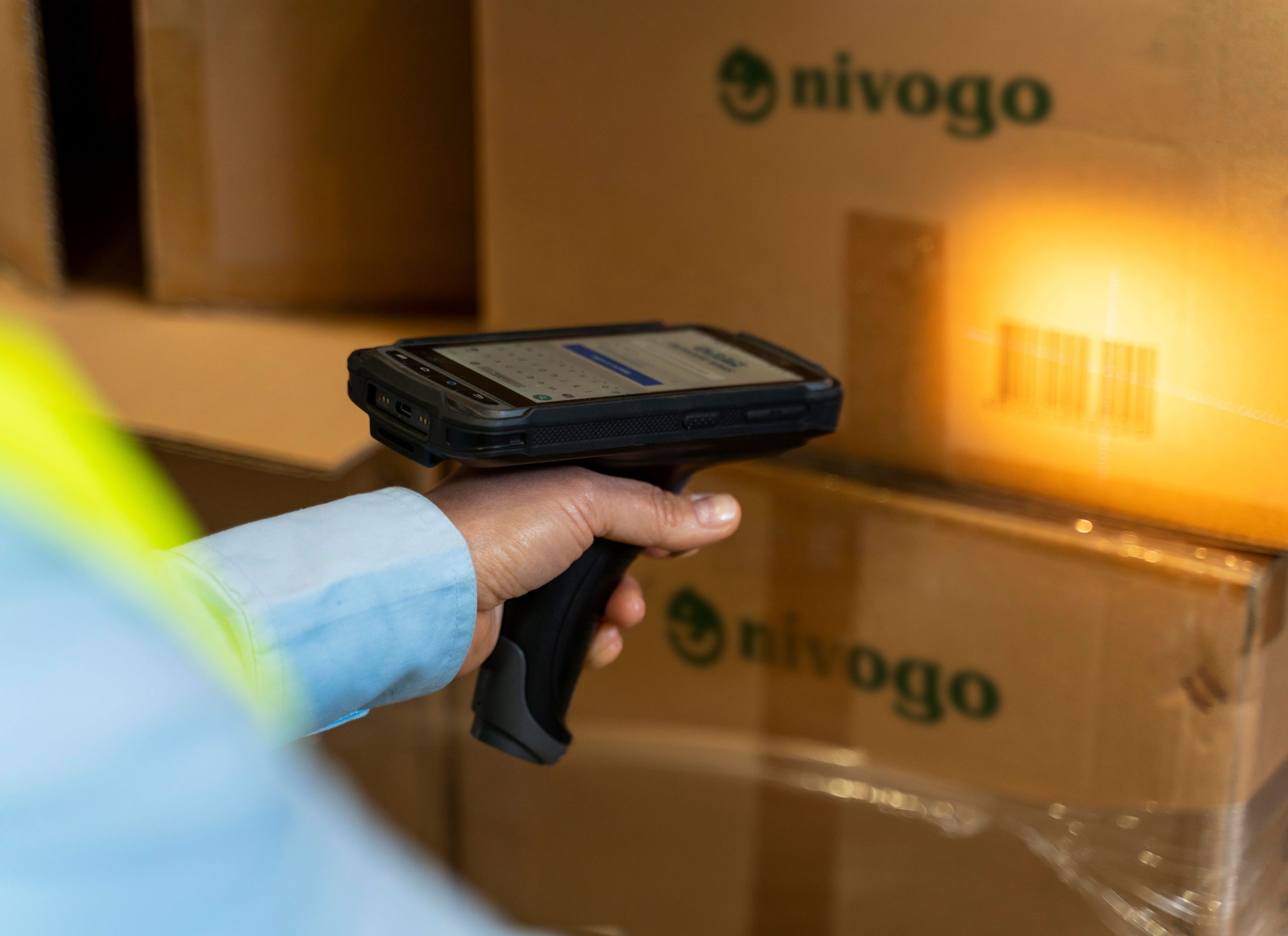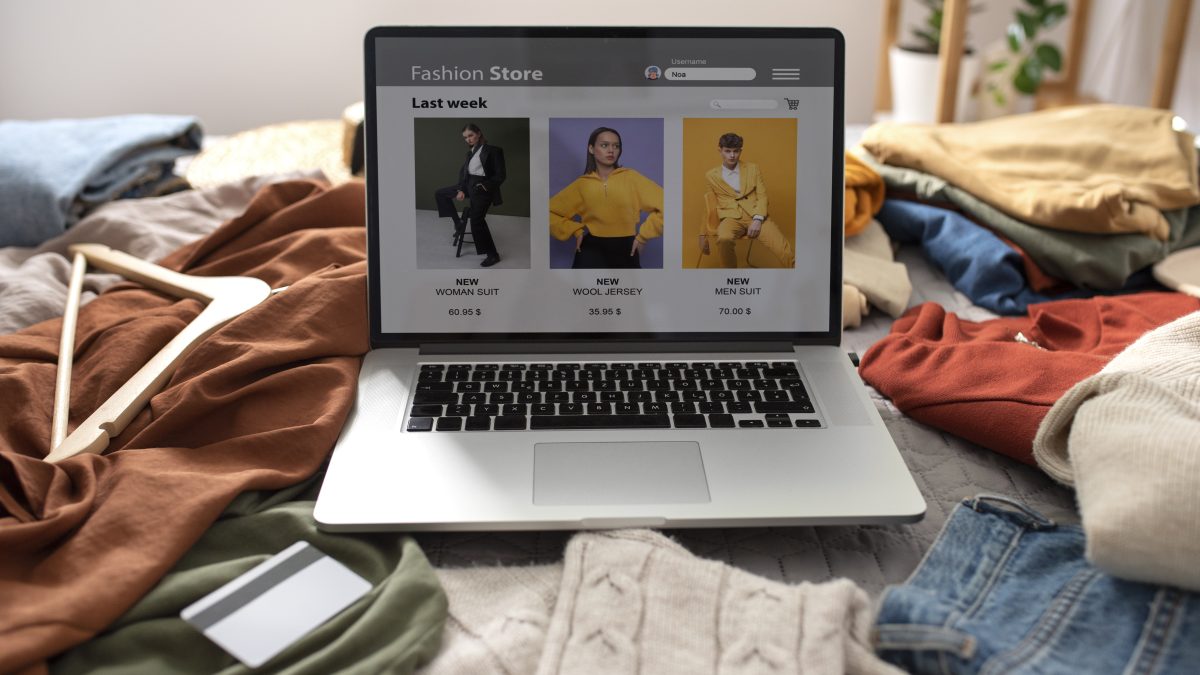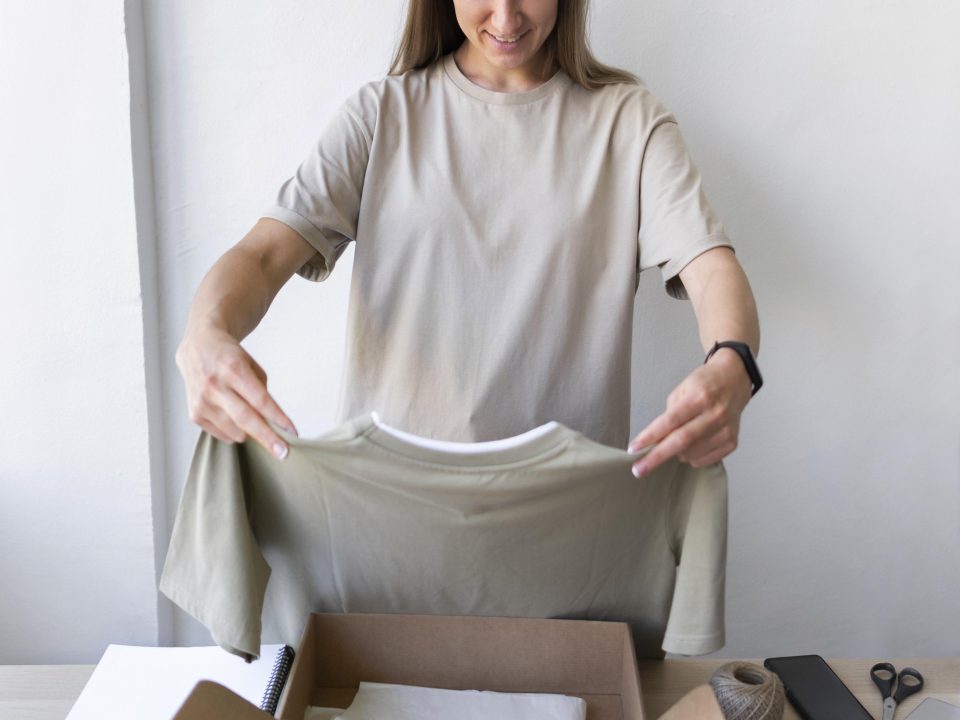
SUSTAINABLE BRAND CRITERIA
June 26, 2024
NIVOGO’S SMART PRICING TECHNOLOGY
June 26, 2024Fashion is evolving. We are witnessing a time when all the conditions threatening the sustainability of fashion, such as excessive consumption of natural resources, the use of harmful materials to humans and the environment, inhumane working conditions, and overproduction and consumption, are being re-evaluated.
Consumers are demanding better, awareness is rising, and especially the demand for sustainable fashion from Generation Z, whose purchasing power is increasing day by day, is accelerating the transformation of brands. According to a 2020 study by Nielsen IQ, 73% of fashion consumers under the age of 25 prefer sustainable brands. The conscious consumer, who prefers quality and long-lasting pieces, values the produced product and cares about the recycling of clothes. This leads us to one of the new business models that is said to dominate the fashion industry in the next 10 years: Recommerce.
How Did Recommerce Become a Trend?
While Recommerce used to be associated with low-value, unwanted second-hand clothes in the past, it is now evolving with luxury brands starting to open second-hand sales channels for their products. Recommerce models offer exactly the alternatives that the new consumer, who values sustainability and wants to buy environmentally friendly pieces and shop as needed, is looking for. Recommerce supports circular systems for the future of fashion and provides economic gains for brands, which is why more and more actors are implementing this model every day.

Recommerce now appears as an important application area for circular systems that plan all processes from the production to the end of the product’s life in terms of correct waste management and resource utilization.
Renewing Excess Products for Recommerce
The latest rapidly spreading form of Recommerce is brands renewing their unsold products for any reason and bringing them to the consumer. Brands like The Northface, Mara Hoffmann, New Balance are preventing their unused products from ending up in landfills, taking a positive step for the sustainability of the environment and turning these products into profit.

Nivogo’s Circular Recommerce System
We renew unfortunate products that have not been able to enter the consumption stage for any reason and bring them into the consumption cycle. We buy these products and, after going through a 6-stage process at the Nivogo Renewal Center, we introduce them to new users in our circular stores.
If you also want to give a chance to your unfortunate products, prevent thousands of clothing items, shoes, and bags from ending up in nature, and update your business model with recommerce in a circular way, you can contact us.



